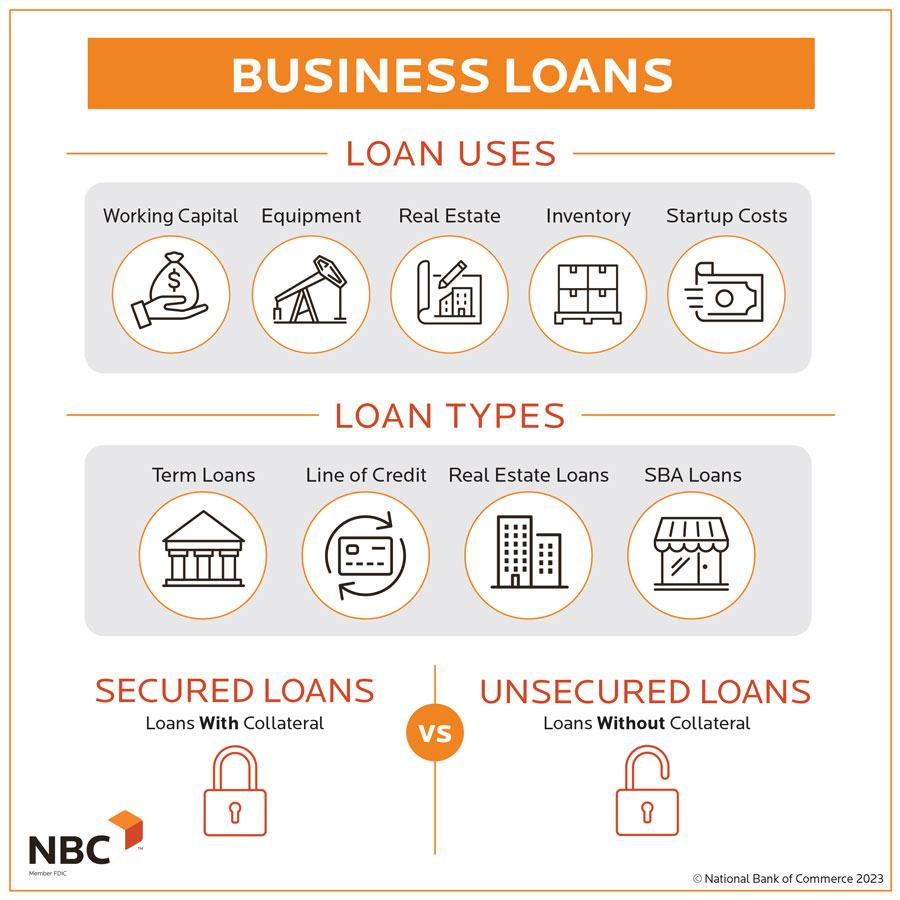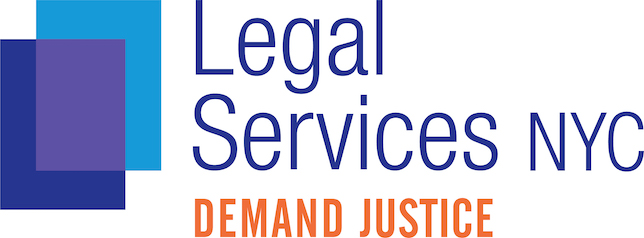The demand for skilled professionals in educational technology is surging. A master’s degree in educational technology provides the advanced skills and knowledge needed to meet this demand, but securing a place in a competitive program requires careful planning and significant financial investment. This article examines the various aspects of pursuing this degree, including program types, career paths, financing options, and emerging trends in the field.
Toc
- 1. Why a Master’s in Educational Technology?
- 2. Emerging Trends in Educational Technology
- 3. Master’s Degree Programs: Options and Structures
- 4. Related articles 01:
- 5. Master’s in Educational Technology Requirements and Application Process
- 6. Financing Your Master’s Degree in Educational Technology
- 7. Career Paths and Job Opportunities in Educational Technology
- 8. Strategies for Success in Your Educational Technology Studies
- 9. Conclusion
- 10. Related articles 02:
Why a Master’s in Educational Technology?

A master’s degree in educational technology is transformative for educators looking to enhance their teaching skills and improve student outcomes. This degree not only equips professionals with the tools necessary to integrate technology effectively in the classroom but also positions them for increased earning potential and career advancement opportunities.
Key points include:
- Increased Earning Potential: Graduates often experience a significant boost in salary and job opportunities. According to the Bureau of Labor Statistics (BLS), the median annual wage for instructional designers was $77,640 in May 2022. Experienced professionals with master’s degrees in educational technology and several years of experience can expect significantly higher salaries, potentially exceeding $100,000 annually in certain regions. However, while a master’s degree can significantly boost earning potential, it’s crucial to consider the financial investment. The cost of tuition and associated fees should be carefully weighed against the potential salary increase. Furthermore, some individuals may find comparable positions in educational technology without pursuing a master’s degree, although career advancement opportunities might be limited.
- Development of Advanced Skills: Skills such as instructional design, curriculum development, and technology integration are crucial for today’s educators. Graduates often possess advanced proficiency in various Learning Management Systems (LMS), such as Canvas and Moodle, enabling them to effectively manage online courses and student interactions. Furthermore, the curriculum frequently incorporates experience with educational technologies, including simulations, gamification techniques, and accessibility tools, ensuring graduates are well-equipped to create inclusive learning environments. It’s worth noting that while many of these skills are acquired through formal education, some can also be gained through self-learning or professional development workshops.
- Enhanced Credibility: A master’s degree in educational technology enhances professional recognition within the education field, making graduates more competitive in the job market.
- Access to Cutting-Edge Research: Students gain insights into the latest trends and best practices in educational technology, equipping them to implement innovative strategies in their professional environments. Additionally, they have access to resources and experts in the field, allowing them to stay up-to-date with advancements and emerging technologies.
- Networking Opportunities: Pursuing a master’s degree in educational technology provides students with opportunities to network with educators, researchers, and industry professionals. This allows for collaboration and knowledge sharing, creating a valuable support system for graduates as they enter the workforce.
- Personal Growth: Beyond gaining technical skills and knowledge, pursuing a master’s degree in educational technology also promotes personal growth. Students learn effective communication, critical thinking, problem-solving, and leadership skills – all essential qualities for successful educators. Graduates leave the program not only equipped with technological expertise but also as well-rounded individuals ready to make a positive impact in education.
Emerging Trends in Educational Technology
The field of educational technology is constantly evolving, driven by advancements in technology and shifting pedagogical practices. Some emerging trends that are shaping the landscape include:
- Artificial Intelligence (AI): The integration of AI in education is rapidly evolving, with AI-powered tools providing personalized learning experiences and automating administrative tasks. These tools can analyze student data to tailor educational content to individual learning styles and paces.
- Personalized Learning Platforms: Personalized learning platforms are gaining traction, adapting to individual student needs and learning styles. This approach allows educators to meet diverse learner requirements effectively.
- Virtual and Augmented Reality (VR/AR): The emergence of VR and AR technologies is transforming educational practices, offering immersive and engaging learning experiences that can enhance student engagement and retention. These technologies allow students to explore virtual environments and interact with digital content in new ways, making learning more interactive and stimulating.
- Automated Grading Systems: AI-powered grading systems are becoming increasingly popular, automating the previously manual task of grading assignments and tests. This not only saves time for educators but also provides faster feedback for students, allowing them to track their progress and make improvements.
- Student Support Services: AI is also being used to streamline administrative tasks such as student support services. Chatbots can assist students with questions or concerns, freeing up staff members’ time to focus on other critical tasks. These automated systems can provide quick and efficient responses 24/7, improving overall communication and support for students.
- Smart Content Creation: With the help of AI algorithms, content creation is becoming more efficient and personalized. This technology can analyze student data to understand their individual learning styles and preferences, creating customized materials that cater to their needs. This results in a more engaging and effective learning experience for students.
- Virtual Classrooms: Virtual classrooms are another area where AI is making a significant impact. These online platforms use AI-powered tools such as speech recognition and natural language processing to facilitate real-time interactions between students and teachers. This allows for an interactive and collaborative learning environment, even when students are not physically present in the same location.
- Data Management: Managing large amounts of data can be overwhelming for educators, but AI systems can help by sorting, organizing, and presenting information in a more digestible format. This saves time and effort for teachers, allowing them to focus on creating lesson plans and engaging with students.
- Personalized Learning: With the help of AI, educational materials can be tailored to each student’s individual needs and learning style. This allows for a more personalized learning experience, where students can progress at their own pace and receive targeted feedback and support.
- Adaptive Testing: Traditional standardized tests may not accurately assess a student’s knowledge or potential. AI-powered adaptive testing systems use algorithms to adjust the difficulty level of questions based on a student’s previous answers, providing a more accurate measure of their understanding and progress.
Master’s Degree Programs: Options and Structures
When considering a master’s degree in educational technology, several program types are available, each with its own focus and structure:
Types of Degrees
- Master of Arts (MA) in Educational Technology: This program emphasizes educational theory and pedagogy, ideal for those looking to deepen their understanding of teaching practices.
- Master of Science (MS) in Educational Technology: This degree focuses on the technical aspects and data-driven approaches, suitable for those interested in the technological underpinnings of education.
- Online EdS in Educational Technology: An Education Specialist degree that offers specific specializations and prepares graduates for leadership roles in educational technology.
Online Master’s Programs
For busy professionals, a master’s degree in educational technology online offers flexibility, allowing them to balance their studies with personal and professional commitments. These programs maintain the same quality of education as traditional on-campus options, making them an attractive choice for those in the workforce.
Program Lengths and Specializations
Programs typically vary in length and may offer specializations in areas such as instructional design, learning analytics, or educational leadership. Additionally, students can choose between full-time, part-time, or accelerated options based on their career goals and schedules.
1. https://thietbivesinhklaus.vn/mmoga-best-cissp-online-training-in-2024-a-comprehensive-guide/
3. https://thietbivesinhklaus.vn/mmoga-online-degrees-in-texas-your-guide-to-flexible-learning/
5. https://thietbivesinhklaus.vn/mmoga-webster-university-online-degrees-a-gateway-for-global-learners/
Accreditation and Rankings
Accreditation is crucial when selecting a program, as it ensures that the institution meets specific educational standards. Furthermore, rankings based on factors like faculty credentials, student satisfaction, and job placement rates can guide students in choosing the right program.
Master’s in Educational Technology Requirements and Application Process
Typical Admission Requirements
Prospective students should be aware of the common admission requirements for master’s programs in educational technology. These often include:
- Bachelor’s Degree: Applicants typically need a bachelor’s degree from an accredited institution, with a satisfactory GPA.
- GRE/GMAT Scores: Some programs may require standardized test scores, although many institutions have waived this requirement in recent years.
- Letters of Recommendation and Personal Statement: Strong recommendations and a well-crafted personal statement are essential components of a successful application.
Application Process
The application process generally involves several steps:
- Research Programs: Identify programs that align with your career goals and interests.
- Gathering Necessary Documents: Prepare documentation, including transcripts, test scores (if applicable), and letters of recommendation.
- Submitting Your Application: Complete and submit applications through the institution’s online portal by the specified deadlines.
Prerequisites and Recommended Background
While specific prerequisites can vary, students with a background in education, technology, or related fields may find themselves better prepared for the rigors of educational technology studies.
Financing Your Master’s Degree in Educational Technology
Tuition Costs and Associated Fees
Tuition for a master’s degree in educational technology can vary widely based on the institution and program format. It’s essential for prospective students to research tuition rates and associated fees to understand the financial commitment involved.
Financial Aid Opportunities
Many students will require financial assistance to pursue their master’s degree. Various options are available, including:
- Federal Loans: Government-backed loans can help cover tuition costs.
- Grants and Scholarships: Numerous scholarships are specifically tailored to educational technology students, which can significantly reduce the financial burden.
- Employer Tuition Reimbursement: Some employers offer reimbursement programs for employees seeking further education, making it easier to finance a master’s degree.
Cost-Benefit Analysis
When evaluating the financial aspects of obtaining a master’s degree, it is crucial to weigh the costs against the potential increase in earning power and career advancement opportunities. Graduates often find themselves in positions with higher salaries and greater responsibilities within their organizations.
Career Paths and Job Opportunities in Educational Technology
Diverse Career Opportunities
Graduating with a master’s degree in educational technology opens doors to various career paths. Graduates may find roles as:
- Instructional Designers: Professionals who develop educational materials and experiences.
- Educational Technologists: Specialists who integrate technology into teaching practices.
- Learning Experience Designers: Experts who create engaging and effective learning environments.
- Technology Integration Specialists: Individuals who help educators adopt and use technology effectively.
Job Market Trends
The job market for educational technology professionals is robust, with projections indicating an increasing demand for skilled individuals in this field. According to the Bureau of Labor Statistics, positions such as instructional designers and educational technologists are expected to see notable growth over the next decade.
Salary Expectations
Salaries for graduates with a master’s degree in educational technology can vary based on location, experience, and specific roles. However, many professionals in this field report competitive salaries. For instance, salaries for learning experience designers can range from $70,000 to over $100,000, depending on the individual’s experience and the complexity of their role.
Networking and Professional Development
Building a professional network is crucial for career advancement in educational technology. Engaging with industry professionals through conferences, workshops, and online forums can open doors to new opportunities and collaborations. Continuous professional development is also essential for staying current with emerging trends and technologies.
Strategies for Success in Your Educational Technology Studies
Selecting the Right Program
When choosing a master’s degree program, consider your personal career goals, preferred learning styles, and available resources. Researching program curricula and speaking with alumni can provide valuable insights into which program will best meet your needs.
Time Management Techniques
Successfully navigating a master’s program requires effective time management and organizational skills. Students should develop a schedule that balances coursework, professional responsibilities, and personal commitments to ensure a successful academic experience.
Building a Professional Network
Engaging with peers, faculty, and industry professionals can foster valuable connections that support career growth. Joining professional organizations and attending networking events can enhance visibility within the educational technology community.
Conclusion
A master’s degree in educational technology offers a rewarding path for educators seeking career advancement and a greater impact on student learning. By carefully considering program options, requirements, and career goals, educators can make informed decisions to enhance their professional skills and contribute to the ever-evolving landscape of education. As you explore the resources mentioned in this article, begin your journey towards a fulfilling career in educational technology, and consider how you can leverage emerging trends and networking opportunities to maximize your success in this dynamic field. Start your search for the perfect program today!
1. https://thietbivesinhklaus.vn/mmoga-webster-university-online-degrees-a-gateway-for-global-learners/
2. https://thietbivesinhklaus.vn/mmoga-best-cissp-online-training-in-2024-a-comprehensive-guide/
5. https://thietbivesinhklaus.vn/mmoga-online-degrees-in-texas-your-guide-to-flexible-learning/









